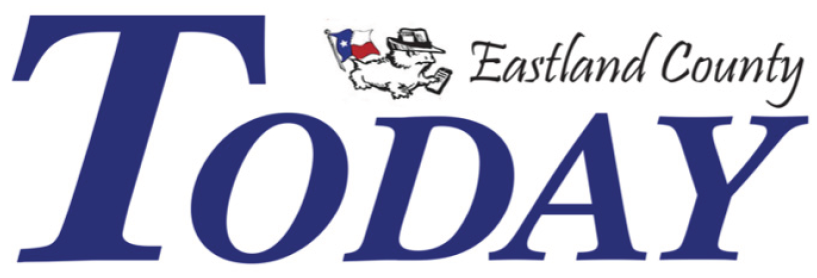Week of Feb. 24 - 28
House unveils its voucher version
Texas House members bills last week, including a proposed $8 billion investment in public education and a voucher bill that ties the amount of money spent for private schooling to the dollar amount provided to public schools. The Austin American-Statesman reported the bill, filed by Rep. Brad Buckley, R-Salado, would increase the base level of per-student funding by $220 — from $6,160 to $6,380. Additional funds would be provided for special education, bilingual education, transportation and to rural school districts.The House voucher proposal differs from the version already passed by the Texas Senate in that it sets out a tiered system depending on a family’s income and prioritizes children with special education needs. “We want kids in Texas to do better,” Buckley said. “That’s what it’s about.”At least two Democratic legislators have pushed back. Rep. Gina Hinojosa, D-Austin, said she was “disappointed” by the proposed increase in perstudent funding. The $220 proposed increase does not cover increased costs due to inflation. “Our neighborhood schools are desperate for the funding they need to keep their best teachers in the classroom,” Hinojosa said. Rep. James Talarico, D-Round Rock, cast skepticism on Republicans’ claim they have enough votes in the House to pass a voucher program.“Voucher proponents have a habit of declaring victory prematurely,” Talarico said.Senate bill would criminalize hemp products with THC Senate would ban all products containing THC, the psychoactive ingredient in marijuana, The Dallas Morning News reported. Thousands of retailers across the state are selling CBD products derived from legally grown hemp but often containing THC. The ban would not affect the sale of nonintoxicating products that contain CBD.The ban is a priority of Lt. Gov. Dan Patrick, the Senate’s take bold action to keep dangerous drugs away from our communities and out of our schools, and SB 3 is a critical step in protecting Texas families from unregulated and mislabeled intoxicating products,” Patrick said in December.Advocates for consumable hemp — gummies, vapes, drinks and other types of products — are advocating a more measured approach that would include limiting the strength, increasing oversight, and banning sales to minors. The proposed ban would not affect the state’s medical marijuana program.Even if passed, the proposed ban faces an uncertain fate in the House, where no companion legislation commissioner wants state Texas Agriculture Commissioner Sid Miller is urging state officials public water systems, The News reported. Miller said he was swayed by U.S. Health Secretary Robert F. Kennedy Jr., a longtime don’t want big brother telling me what to do,” Miller. “Government has forced this on us for too long.”Across Texas, more than 100 public water systems serving nearly 10 to water. According to the American Dental reduces cavities by about 25% in both children and adults. However, critics say the practice is no longer needed because in toothpaste and other dental products. Measles outbreak spreading in South Plains region The number of people identified as having contracted measles has risen to 90 since late January, according to the Texas Department of State Health Services. Of that number, 16 have been hospitalized. “Due to the highly contagious nature of this disease, additional cases are likely to occur in the outbreak area and the surrounding communities,” a DSHS news release stated.Gaines County, between Lubbock and Midland, has reported the largest number of cases: 57 as of last Friday. Five of the people contracting measles said they had been vaccinated against the virus.Most of the cases have been reported in children from infancy to age 17. DSHS said the best way to prevent getting sick is to be immunized with two doses of the measles-mumps-rubella vaccine. A cooler, wetter January reported Texas weather was wetter and cooler in January than in past years, resulting in a slight drop in the percentage of the state in drought, now at 42%, according to Dr. Mark Wentzel, hydrologist with the Texas Water Development Board. Wentzel said he expects drought conditions to expand modestly in the next few months. “A big factor in this outlook is an ongoing La Niña event, cooler-than-normal sea surface temperatures in the that typically bring warmer and drier conditions to the southern U.S., including Texas, during the winter,” he wrote. “Farther out, we’re still hopeful for more drought relief.”La Niña is expected to be less of a factor after April, meaning that May — historically the wettest month in Texas — could bring added drought relief.Coalition pressing transparency legislation this session


















































